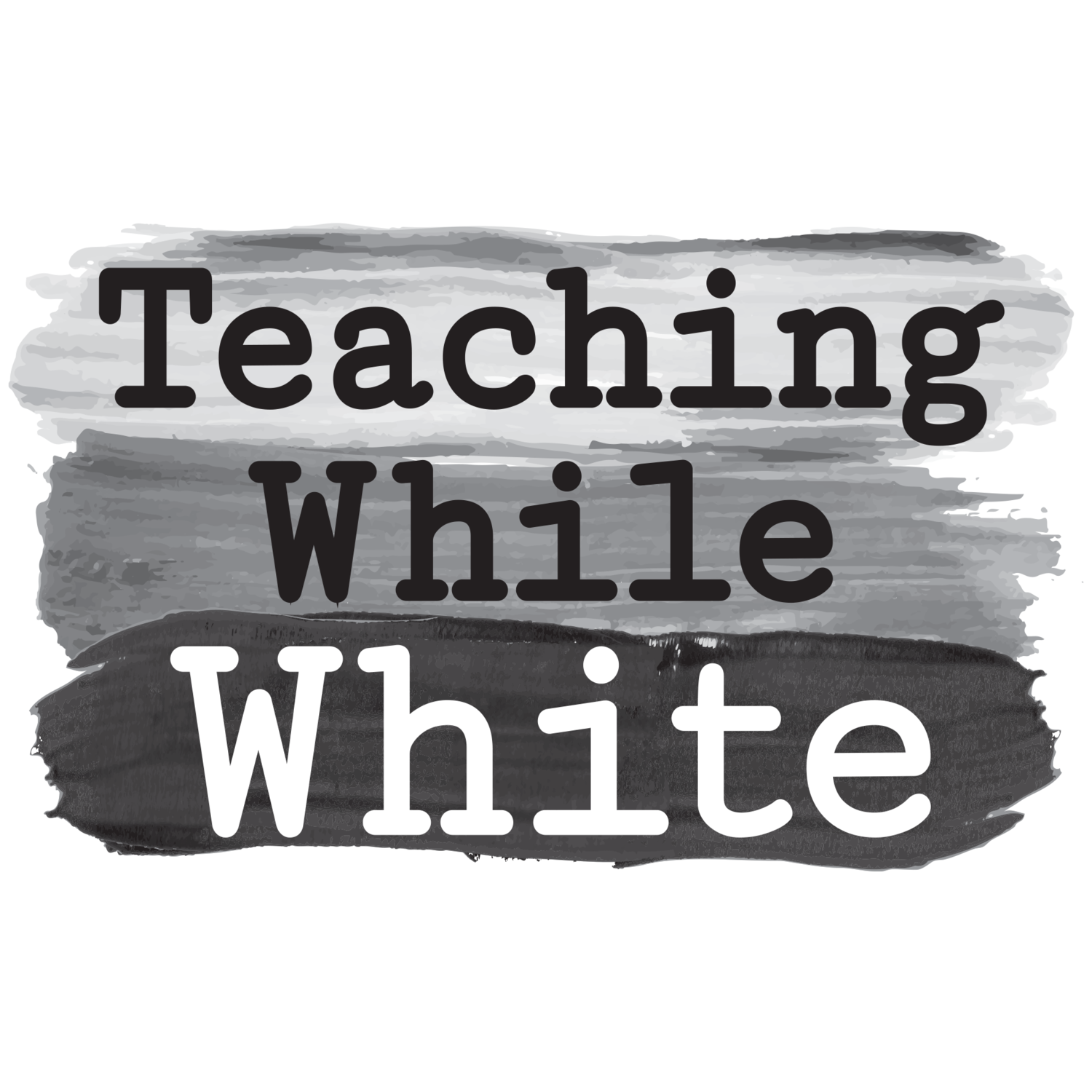Where We Go from Here: Lessons from Derek Chauvin’s Trial
As Judge Peter Cahill read the verdict in Derek Chauvin’s trial for the murder of George Floyd, the camera zoomed in on Chauvin’s face, and I suddenly found myself wondering about all of those educators who taught Chauvin in school. How did they feel in this moment, hearing the jury’s verdict convicting him of murder on three counts?
I’m relieved that Chauvin is being held accountable for the murder of a black man. I’m grateful that a white police officer is finally being convicted for heartless and illegal brutality. But I’m not celebrating. For one, I can’t help but think about George Floyd’s family, especially his daughter, Gianna, who, at the delicate age of six, has been robbed of one of the most precious gifts, the embrace of her father. I’m thinking about the pain that Ma’Khia Bryant’s family is currently enduring. I also know that one just verdict does not translate into racial justice in America or into the kind of police and social reform we so desperately need. We still have a long way to go on both fronts — and there remain many forces of resistance working to undermine such efforts.
I don’t feel sorry for Chauvin and yet, in the most humane version of myself, I am struck by the way in which he, too, has been caught up in America’s long-raging racist storm. I’m struck by the way our government and community practices can infuse a young man with lies about human value — and how these lies, over time, can ignite the flames of one man’s racism and lead to such brutal results. I’m struck by the way our nation has enabled Chauvin to believe that because he is white he could kneel on a black man’s neck, that as a police officer he could kill a defenseless man and lie about it afterward. I’m struck by the way he could do all this without a shred of concern for George Floyd’s humanity or life. Without a shred of remorse. And now Chauvin and his family will pay the price.
We are all responsible for our behavior, of course, but sociological theory makes it clear there are numerous ways in which we are all influenced and shaped by our families and friends, by our schools, by the institutions in which we work, by national politicians, by movements in the broader culture and how those movements are expressed in and elevated through social media. We act in and are acted upon by our society.
This is why it’s Chauvin’s teachers that I keep coming back to in my mind. I want to be clear: all those educators who taught Derek Chauvin over the years are not responsible for his violent actions. Yet I can’t help but wonder how they feel, knowing that they are part of this broader social system that failed in this case. A core premise of schools is to help all American children develop into caring, contributing citizens. So I wonder how his teachers felt during the trial. Were they devastated? Did they wish they had done more to teach Chauvin about justice, help him develop a deep understanding of the historical roots of racism and the need for and importance of racial equity? It may be unfair to say that his teachers failed him, maybe not. But I do know that, for all of us who work in schools, we must ask ourselves if we have done everything we can to develop our students into caring citizens — into people with an ingrained respect, love of humanity, and a dedication to justice. We cannot be responsible for the actions of each individual we teach, but we are 100% responsible for what we teach them. As educators, our call to action, then, is to remember always that our children will embody what we teach them and what we don’t teach them.
In an ideal world, this trial would be a moment of collective pause. One in which we as a nation stop and ask ourselves not only how we let things get this bad, but also what we are going to do next. I hope we all understand that, while justice was served in this one case, our nation continues to fail black and brown bodies. I hope that we all mourn the loss of George Floyd and empathize with his family and community. I hope we all feel sorrow for the deep loss that Gianna Floyd no doubt feels — one she’ll carry with her for life. I also hope we appreciate the tireless and persistent activism we’re seeing now on behalf of racial justice. While we condemn the rising racism in America over the past four years, we should find a way to be optimistic that, with this verdict, our nation has taken a significant, even monumental, step toward justice. There have been transformative moments in our history that have forced us to face ourselves as individuals and as a society. I hope we’ll see this trial and verdict as one such moment — as a tipping point for transformative change.
Because I work in the field of education, I particularly want all of our schools to refocus with deeper conviction on matters of social and racial justice within our school communities and curricula. Along with anything else we do in school, we all need to teach racial literacy. We need to teach our kids that Black lives truly matter. And we also need to commit to facing the parts of ourselves that require the most growth, in order to do our best in helping to create a just society. More than anything, on a heavy day, in a complicated year, we need to remain committed to love.
Jadihel Taveras is head of school at Esperanza Academy.
